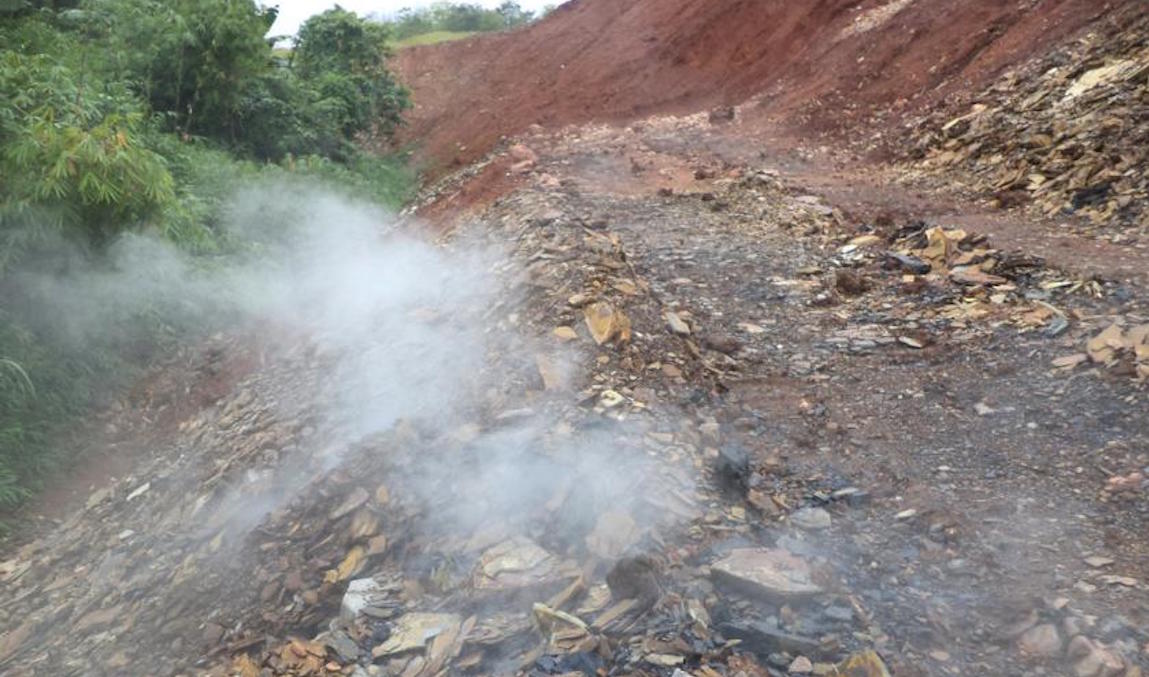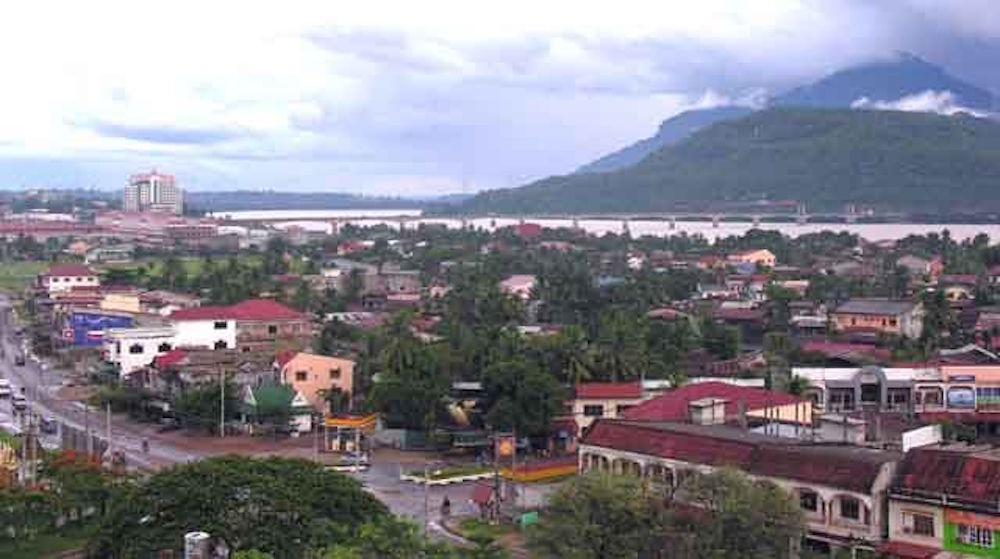China-led Asian Infrastructure Investment Bank (AIIB) becomes one of the most important multinational financial institutions that provide fund to support infrastructure development projects and clean energy investment. With 80 member countries along the Belt and Road, 28 projects so far have been funded by the bank with US$3 billion reserved loan.
Mr. Fang Ke, General Manager of investment operation of AIIB, said in a panel discussion and interaction with 25 Media persons from Belt and Road countries at Tsinghua University School of Finance recently that AIIB is not only supporting infrastructure projects proposed by the member countries, but also provides financial support to green and clean projects including renewable energy in order to promote sustainable development and low-carbon economy.
Regarding finance for clean energy projects, early this month, AIIB just invested up to US$200 million in solar energy development in Egypt, helping the country to shift from being dependent on gas and fossil fuel for electricity generation to renewable energy. With the debt financing, Egypt will be able to produce up to 490 MW, enabling the country to fulfil its commitment to the Paris Climate Agreement by reducing more than half a million of CO2 emissions per year.
On the other hand, Cambodia, which is one of the founding members of the bank and invests US$62.3 million which is equal to 0.0635 per cent of the total capital, has not requested for finance from the bank to invest in renewable energy yet. The country is actually eligible to apply for loan to develop its clean energy projects and infrastructure development.
“Currently, we have not received any proposal from Cambodia yet, but we and Cambodian government are working hand in hand to identify prioritized projects,” Fang Ke said.
AIIB was proposed by China in 2013 and officially launched its operation in late 2015. Energy experts consider that AIIB will be a new source of finance for Cambodia’s renewable energy projects, and suggest energy stakeholders to be well-prepared in designing their policies in order to receive fund from the bank.
“Sooner or later, the fund of AIIB may be made available to Cambodia’s clean energy. It is very much dependent on the developers to approach AIIB. Of course, the developers/contractors will need to show attractive business model of solar farming,” said Dr. Han Phoumin, energy economist at the Economic Research Institute for ASEAN and East Asia.
He added, “If the EDC (Electricité Du Cambodge) provides a secured power purchase agreement and attractive prices, I have no doubt that AIIB will surely fund any up-coming solar farm projects in the future.”
Over the past years, the Cambodian government has shown its strong commitment to tackle climate change by strictly implementing the Paris Climate Accord, and made some significant progress in renewable development.
For instance, Cambodia’s first large scale solar farm funded by ADB is seen as a significant move by the government to shift energy system from fossil fuel to clean energy. It is also a part of government’s effort and commitment to Paris Climate deal, which aims to limit the global temperature increases to within 2°C or, if possible, to 1.5°C of pre-industrial levels.
Niseiy Sao Phal is Deputy Editor-in-Chief, International News Desk, Thmey Thmey Media Online. He submitted the article to The Mekong Eye




